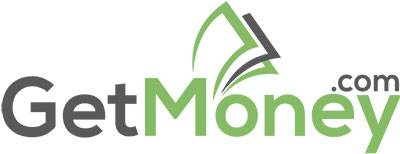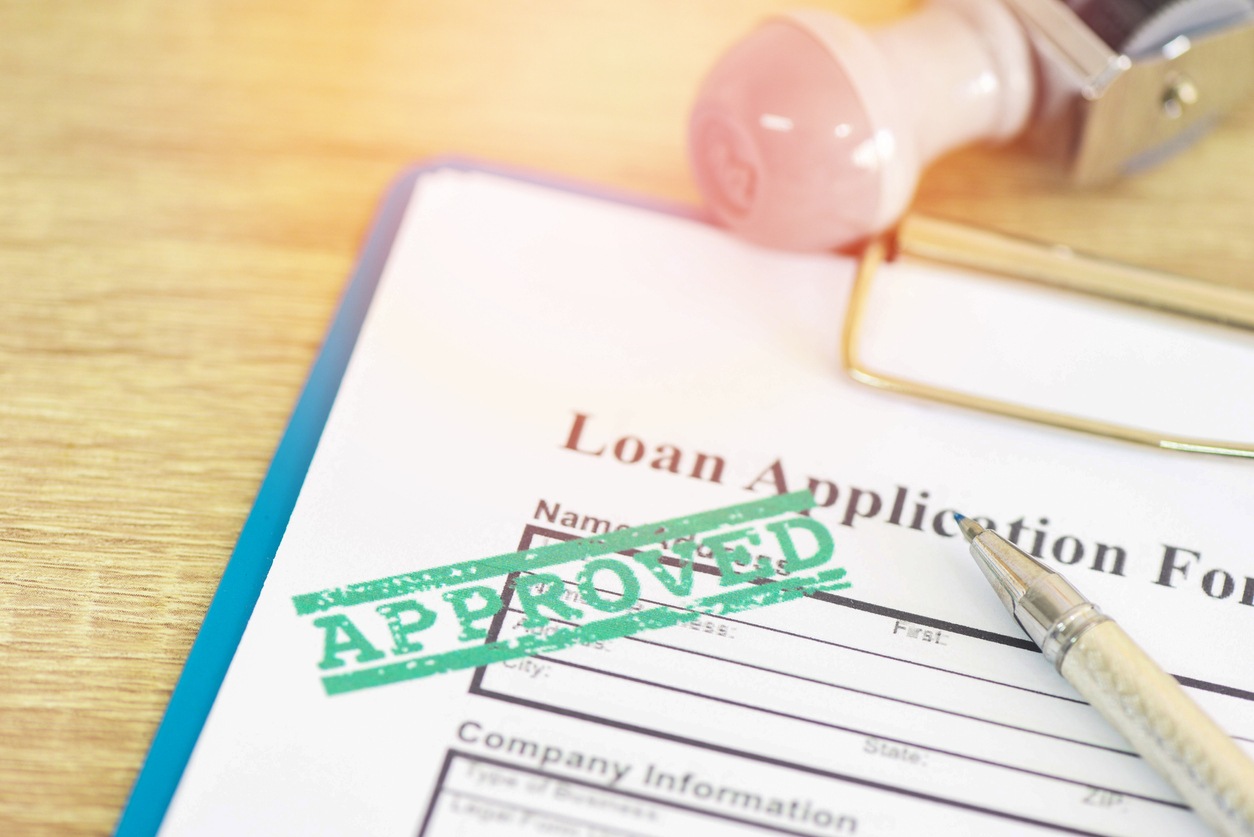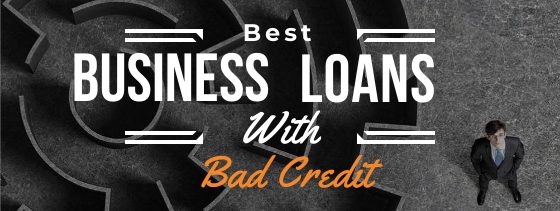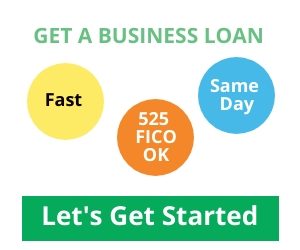What is Alternative Funding?
You might already be familiar with various funding options from your bank since most people know how to get a fast business loan. This isn’t your only option for funding though, not if you consider alternative funding options.
Alternative funding is a little broad as a term, but you can think of it as any sort of financing that is outside of a bank. For example, even getting a loan from your parents would be considered alternative funding. Certain companies provide alternative loans as their business too.
Alternative Funding Options
Often, small businesses struggle to get their business loans from the bank. This is where alternative funding options offered by non-bank lenders come into play. Realistically, you can get a loan from many places now, and there are many common alternative funding options.
Term Loans
Basically, you get a sum of money that you pay back with interest over an agreed-upon time period. This is similar to a bank loan, but you can get one through an online lender.
You might also notice that these business loans are a little more expensive than other options, and it may be difficult to qualify for. The applications are quick and easy though if you need that loan quickly.
Short-Term Loans
Just like a term loan, a short-term loan is where you receive money that you pay back over time. You’ll just have a shorter payment time such as 18 months rather than a couple of years.
This is a great option if you need a loan very quickly, but it’s true that you might end up paying more than you would for any other loan.
Lines of Credit
A line of credit is a great thing to have in the case of an emergency, rather than trying to get fast cash when you need it. Think of this like a credit card where you have an amount of credit you can use, and where you will only pay back what you use. There will be interest involved too.
Business Credit Cards
Instead of a line of credit, you can also get a business credit card. Now, small business owners should have one of these anyway. While you can’t finance your entire business with just one, you can alleviate some of your expenses. It’s good to have a business credit card anyway to earn cashback, points, or miles too.
Equipment Loans
This is a loan that you’ll really only use if you’re buying a new piece of equipment for your business. You can get a loan that will cover the entire value of the equipment you need. That equipment will remain collateral for your loan as you begin to pay it back.
This type of loan may take longer for you to receive since all purchases need to be audited, plus equipment depreciates over time. However, you can get cheaper business financing with this loan.
Invoice Financing
Not all businesses have tons of cash coming in right away. That’s where an invoice financing option comes into play. This is when a lender will advance an amount that’s at least 50 percent of any outstanding invoice.
When a customer pays you, you pay the lender. You’ll pay a little extra to the lender too, but this is a quick type of loan that might come in handy.
Merchant Cash Advance
This is the most expensive loan out there, although they’re easy to qualify for. You can receive a loan like this as a type of cash advance that you pay off with a fixed percentage of your credit card sales each day. The benefit of this loan is that the amount you have to pay back changes, depending on your sales. However, the cons include the fact that the APR can go as high as triple digits, affecting your business cash flow.
Equity Financing
Consider this option if you’re looking to raise funds by selling your business’ shares—and only if you’re alright with giving up some of the control over your business. If your business has a lot of potential for high, fast growth, this option may prove to be very effective and affordable. However, for many new businesses, giving up some control of your business may not be something you want to do early on.
Crowdfunding
You’ve likely seen many crowdfunding campaigns for various businesses, products, and people. You will be able to use this type of financing to receive funding from various individuals or investors and can set up your campaign on any one of the popular crowdfunding platforms.
This type of funding is great if you want to build on your add on to your business finances, and it’s great if you can’t qualify for other types of funding. It does require a lot of effort, outreach, marketing, and monitoring though.
When Will Your Small Business Need Alternative Funding?
When you’re running a business, there are many instances when you might need alternative funding options, especially if you’re unable to or don’t want to get a loan from the bank.
As small business owners are launching the business, they’ll want some alternative funding to market and expand the business—especially since placing advertisements can get expensive.
Alternatively, small business owners might want to scale up the business and this requires a lot of funds. With alternative funding, they’ll have the cash flow they need to set up and scale up the operations.
As the business is expanding, there might be unexpected expenses too. This is the third reason why small business owners might want some alternative funding: to cover anything unexpected. This can include necessary equipment or things that are damaged in the case of weather events.
All in all, alternative funding will arrive more quickly than a bank loan, so small businesses can continue with their daily operations.
Why Use Alternative Lenders?
You can get a loan from a bank, so why should you consider a form of alternative business financing? In actual fact, there are many positive benefits to this form of business financing.
Quicker Access
Traditional business loans may cost less over time, but they will take longer to gain access to. You’ll need to spend more time applying for the loan, learning about the process, and waiting for the money to get to you.
With alternative funding, there’s much less paperwork involved, not to mention that you’ll see the funds transferred to you more quickly. There are fewer delays you might need to deal with.
Easier Approval
It can take a lot to get a loan from a bank, as banks tend to have strict lending criteria. Those without the best credit might struggle to get a loan from a bank, and new businesses will have a hard time without much experience or without a track record of success.
Alternative business financing options have fewer hoops to jump through and are more willing to lend to businesses that are just starting out. There is an increased APR, but the financing is just the thing you need to get started.
Flexibility
At its core, you have more flexibility when it comes to alternative business financing options. You can choose which option will work best for your business. If you’re looking to get your business started, getting an alternative source of funding will do a lot to clear you of paperwork and give you the funds to get started.
Is Alternative Lending Appropriate For Your Business?
You have a lot of options for funding, and there are definitely benefits that accompany alternative business funding. But, that doesn’t mean that it’s right for small business owners.
Consider first if it’s possible for you to get a bank loan since these do have lower rates. If you think it will be better for you to go with an alternative option, consider the qualifications you’ll need to get a loan and the lender that you’ll be working with.
For example, you’ll want to go with one of the top alternative business loans if you have stronger personal credit and business financials, which will provide you with a better rate.
Think about whether the loan is something you need immediately, and which type will work best for you.
How Do Business Owners Get Alternative Business Funding?
There are generally two ways you can get your hands on alternative business funding.
Alternative Business Loan Broker: Try talking to an alternative business loan broker to sort through your options. Make sure you find one you trust and make sure to ask them which lenders they work with and if they have any reviews you can read.
Alternative Business Loan Lenders: You can work directly with a loan lender as well but start by looking through their reviews and understanding their products. Make sure that you’re working with a legitimate lender.
Of course, you can also spend some time applying for your loan online. If your loan allows you to do this, just be sure to know the requirements associated with it.
Conclusion
You’re looking to expand your business and ultimately be successful. Sometimes, the best way to do that is with an alternative form of business financing that will provide you with the funds that you need to start or grow your business. Do your research and go through your options carefully. Make sure that you compare your funding options before making your decision. The most ideal loan will have the best terms for your business along with the most affordable rates.












